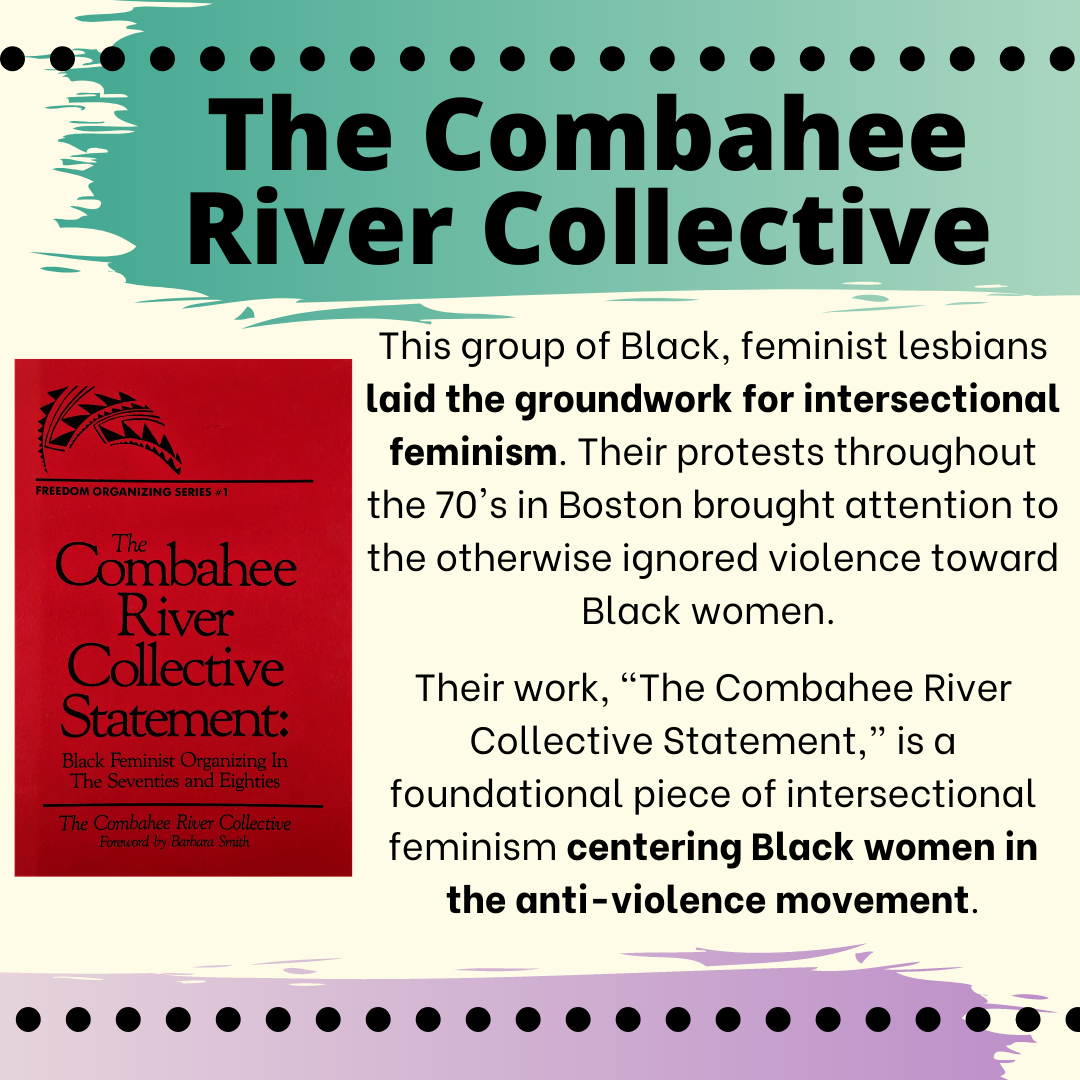
Looking at Black communities through the specific experiences of Black women would have revealed the depths of economic and social crisis unfolding in Black America. To anyone who bothered to investigate the conditions in Black communities, these numbers should not be surprising. The poll also reported that the percentage of Black women who feel that neither party supports them had jumped from 13 percent to 21 percent in the same time period.

Indeed, a 2017 “Power of the Sister Vote” poll, conducted by the Black Women’s Roundtable and Essence magazine, found an 11 percent drop between 20 in the support of Black women for the Democratic Party. After all, the last few years of the Obama presidency had seen the rise of the Black Lives Matter movement and an eruption of Black social protest. To that point, given Trump’s repeated appeals to racism, why would fewer, not more, African Americans, including Black women, have participated in that critical election?Īny cursory investigation into the lives of African Americans would have revealed deep dissatisfaction with their conditions-even after the historic election of Barack Obama in 2008. Of course that was part of the explanation, but what was often missing was closer scrutiny of what kept tens of millions of people from participating in the election. The search for answers to how the loathsome Trump could become president of the United States tended to focus on who did and did not vote. Indeed, the overall turnout for Black voters declined for the first time in a presidential election in twenty years, falling to 59 percent from its historic high of 66 percent in 2012. Even though this was a large voter turnout, it represented a 6 percent drop in Black women’s historically high turnout in 2012, when Barack Obama was on the ballot. It was true that 94 percent of Black women who voted cast their ballot for Clinton, but those voters represented 64 percent of all eligible Black women. In the days after the disastrous 2016 presidential election, a popular meme showing that 94 percent of Black women voters had cast their ballot for Hillary Clinton was circulated as proof that Black women had done their part to keep Donald J. This piece is adapted from the introduction to How We Get Free-Black Feminism and the Combahee River Collective. The Combahee River Collective, a trailblazing group of radical Black feminists, was one of the most important organizations to develop out of the antiracist and women’s liberation movements of the 1960s and ’70s.

Keeanga-Yamahtta Taylor is the author of From #BlackLivesMatter to Black Liberation (Haymarket Books, 2016) and the editor of How We Get Free-Black Feminism and the Combahee River Collective (Haymarket Books, 2017).


 0 kommentar(er)
0 kommentar(er)
